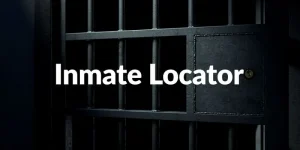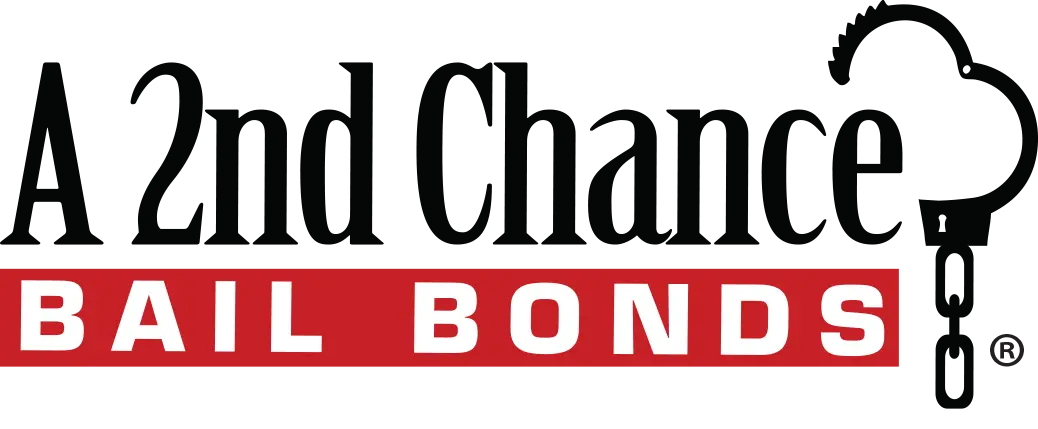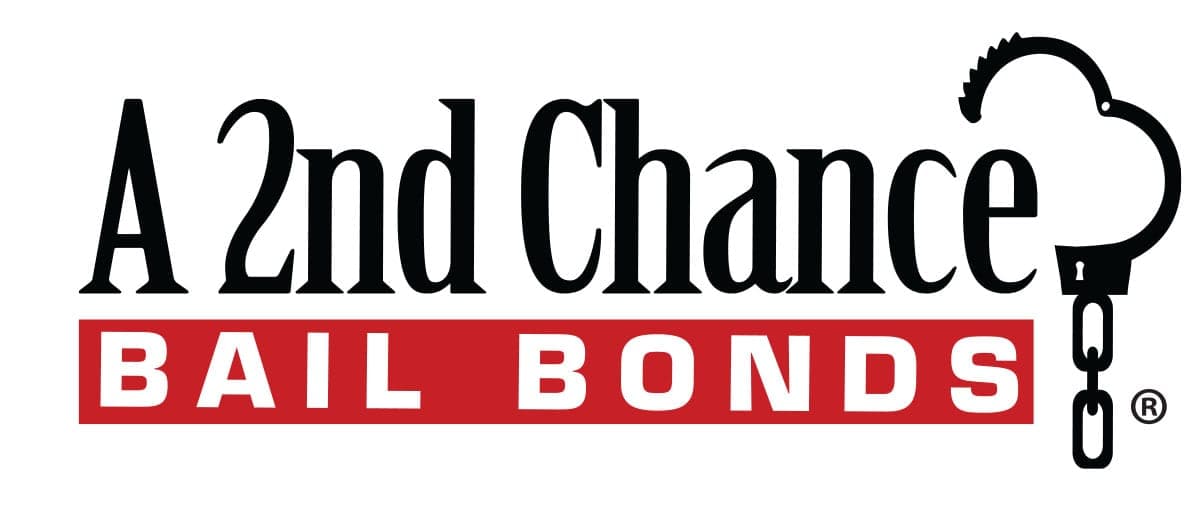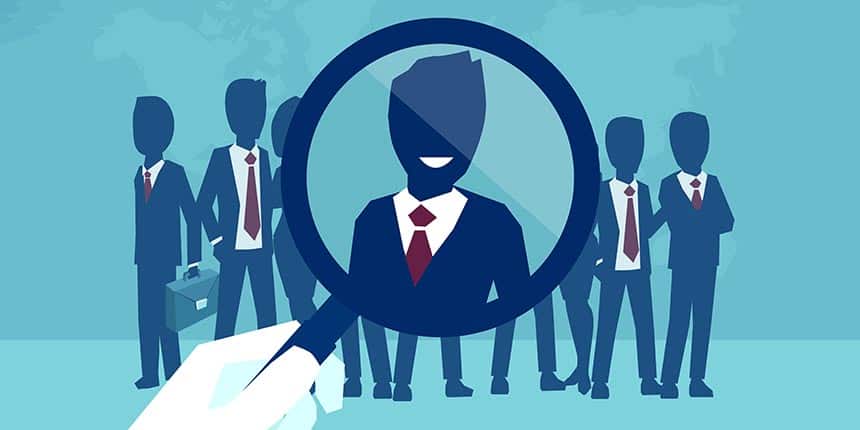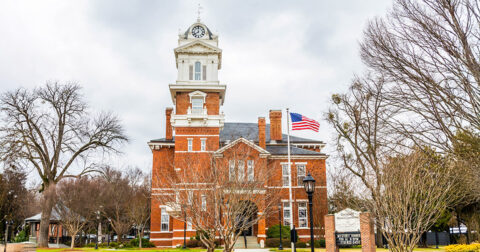Anyone who’s been arrested finds themselves having to make several serious decisions in short order:
- Who should you contact with your one phone call?
- How quickly can your bail be raised?
- Should you go with a public defender or spend your cash to hire a private attorney?
For detainees who can’t afford to pay a private attorney, a public defender can be the only viable option. In fact, public defenders were created to level the legal playing field and provide an adequate legal defense for those who cannot pay for legal services. However, it is not the defendant who decides his/her eligibility to have representation from a public defender – it’s the judge. To qualify, defendants must show evidence of being unable to afford private legal counsel.
For many detainees, choosing to hire a private attorney can be a purely financial decision if fiscal resources are available. However, the ability to pay for an attorney should not necessarily be the sole consideration in answering the public defender versus private attorney question.
Before you conclude, incorrectly, that public defenders are less skilled than private counsel, consider the motivation for these legal eagles. Many choose to volunteer to work as public defenders as a way of giving back to the communities they serve, reserving a certain amount of time each month or quarter to do pro bono work. When you look over a list of public defenders, don’t be surprised if you find some well-known barristers on the list.
If you or someone you know needs a public defender, there is an easy-to-follow process for identifying one. Visit The Georgia Public Defender Council and enter the county where the alleged offense took place. A list of public defenders for the chosen jurisdiction will display automatically. This service is available to locate public defenders in each of Georgia’s 158 counties.
Detainees might be interested in knowing that the two types of counsel generally secure similar legal results (verdicts), incarceration and sentencing outcomes.
If the legal results and outcomes of private attorneys and public defenders are similar, are there other factors to take into consideration when deciding to request a public defender?
Can You Pay the Rest of Your Court Bill?
You might be surprised to learn that your choice can affect how a judge views your economic status. For example, judges often assume that if you can afford private legal representation, you are able to pay court costs, fees and other associated expenses in full at the conclusion of adjudication. However, defendants with public defenders may be offered extended payments plans and other flexible financing options that are not made available to those detainees represented by private counsel. This discrepancy can present a financial challenge for a defendant who has spent most of his or her cash on a private attorney and has little money left to pay court costs and fines.
In addition to court-imposed expenses, convicted defendants who require post-trial monitoring will find themselves paying for the privilege of wearing electronic tracking devices, such as e-tethers or ankle monitors; and using agency-issued smartphones for court-mandated reporting to supervisory groups.
Choosing your legal representative is a serious matter. The first step of that decision is to consider the advantages and disadvantages of requesting a public defender versus hiring a private attorney.

